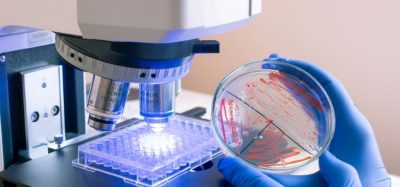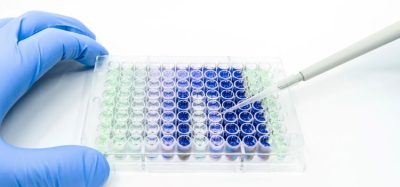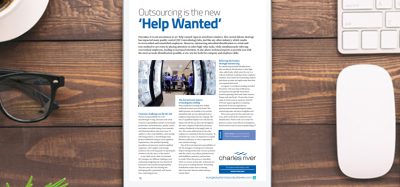Magnetic blood filter to tackle drug resistant malaria
Posted: 12 August 2015 |
A magnetic blood filtering device is under development by start-up company MediSieve to capture and remove red blood cells infected with drug resistant malaria. The recent development follows, ‘The World If… malaria drugs stop working’, a film based on a fictitious scenario in which malaria has spun out of control in the year 2023. Its […]


A magnetic blood filtering device is under development by start-up company MediSieve to capture and remove red blood cells infected with drug resistant malaria.


The recent development follows, ‘The World If… malaria drugs stop working’, a film based on a fictitious scenario in which malaria has spun out of control in the year 2023. Its release prompted health bodies express concerns about the catastrophic toll of life malaria could exact unless revolutionary new advances are developed.
Treatment with MediSieve’s device involves no drugs or chemicals and offers new hope for malaria patients whose cases are resistant to existing medicines. Initial trials show that the 3D printed magnetic blood filter could extract up to 90 per cent of infected cells from a person with malaria in fewer than four hours.
Red blood cells infected with a malaria parasite have magnetic properties. This enables MediSieve’s device to capture them without affecting healthy cells. The process is similar to dialysis in that infected cells are captured as blood passes through an external loop. This in turn, quickly reduces symptoms, severity and mortality.
This treatment could be used when drugs become ineffective or to supplement existing drug treatments. Regular treatments with the magnetic device could help patients manage malaria and keep symptoms at bay indefinitely.
MediSieve’s breakthrough comes at a time when scientists are increasingly concerned about drug resistant strains of malaria. Today, three of the five strains of the disease that affect humans can resist antimalarials – and they’re spreading across Cambodia, Laos, Thailand, Vietnam and Myanmar.
A spin-out company from University College London (UCL), MediSieve was established by Dr Frodsham in 2015 to develop a technology he invented while studying for his PhD at UCL. The company has raised £350,000 to fund a clinical prototype and initial safety trials for the magnetic blood filter device.


MediSieve founder Dr George Frodsham
Dr George Frodsham, founder of MediSieve, said: “The World If… illustrates the havoc a malaria epidemic would cause. It also brings home the importance of drug-free treatments that can combat resistant strains. Our device offers an effective, low-cost way to treat malaria. It could also hold the key for tackling other diseases at risk of drug-resistance.”
Malaria is one of the world’s most deadly diseases. Some 207 million cases are diagnosed every year, claiming 600,000 lives. Very often, the disease is untreatable, either because diagnosis is too late or the strain is resistant to currently available drugs.








